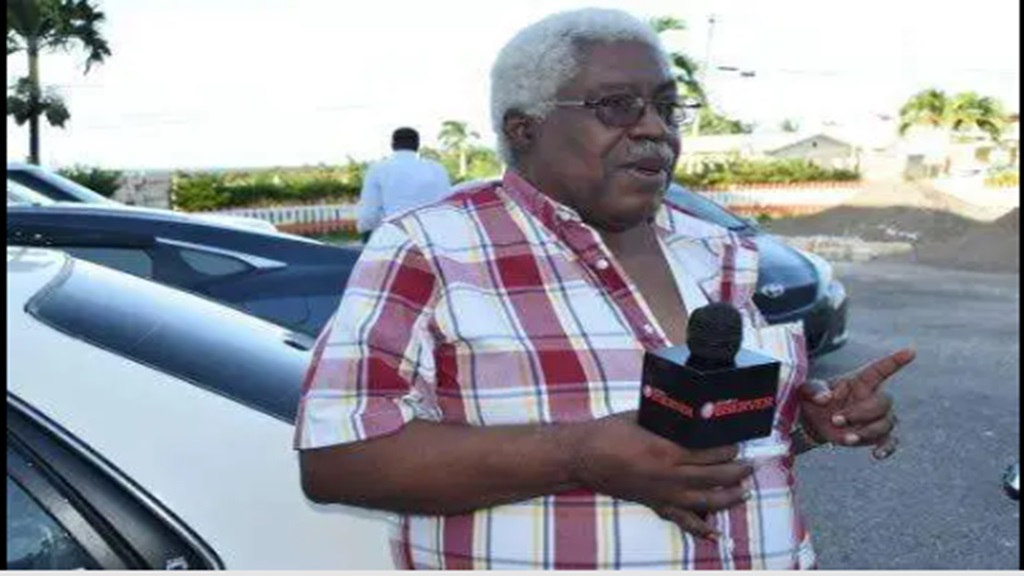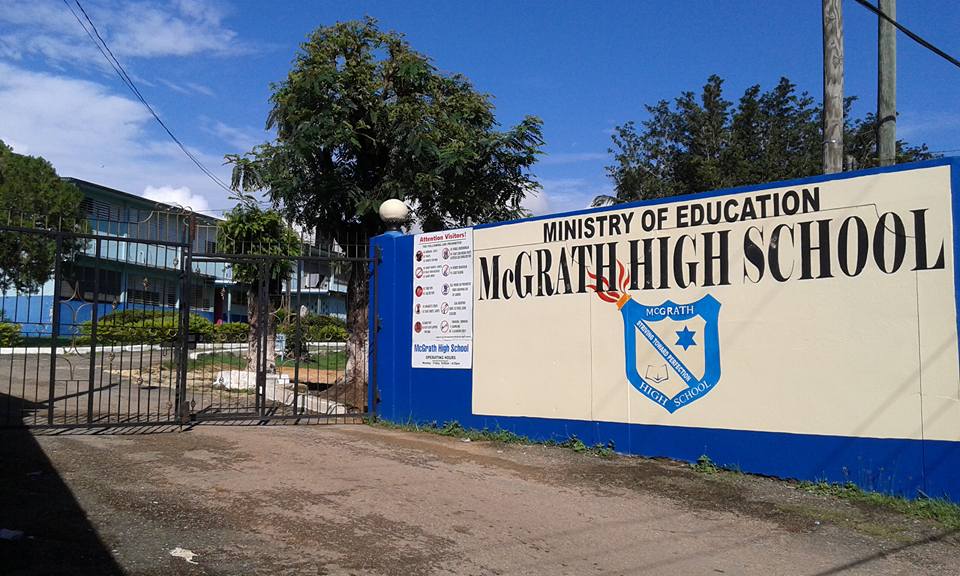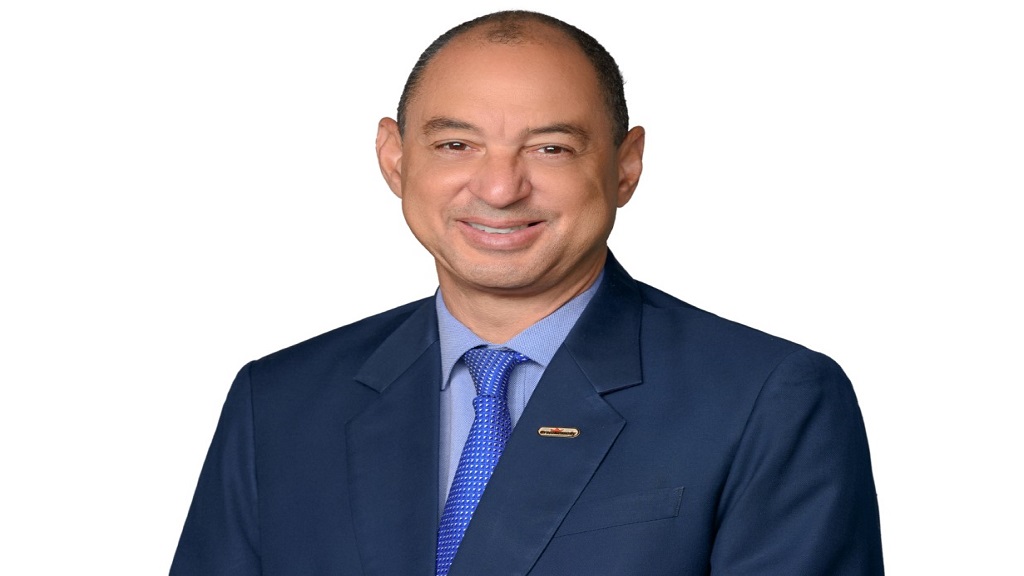

For the year 2024, the National Compliance and Regulatory Authority (NCRA) prevented $250 million worth of goods from being placed on the shelves in the marketplace, which were found to be in breach of established standards.
Chief Executive Officer (CEO) of the NCRA, Dr Lorice Edwards Brown, said that the NCRA conducted more than 6,000 inspections of products in Jamaica for the period, including those coming from abroad.
In addition, she said more than 222 enforcement actions were taken, including the withdrawal of 193,000 products for sale in retail outlets.
“This is because the NCRA saw that something was wrong and prevented the Jamaican public from using those products at that time. What this means is that products which were detained, they had some form of breaches, and the NCRA was able to spot those products, take them from the marketplace, to ensure that the importers or the producers fix them if they can be fixed,” Dr Edwards Brown explaned.
During this period the NCRA also recieved ISO/IEC 17020: 2012 standard accreditiation.
“What this means is we have recived independent assessment.
“That indicates that the NCRA can conduct inspection in fairness to all. We are a respected authority and our inspections are credible,” she said.
The NCRA is a statutory body that falls under the Ministry of Industry, investment and Commerce.
“We achieved the NCRA Act being passed, that is very important to us, so we are now a body corporate and our organisation is empowered to carry out regulatory functions, which is through the registration of establishments, the monitoring and inspection of commodities – those are the products coming in from the ports of entry.
“Once they have a standard, the NCRA is responsible for doing those checks, and we also do enforcemnt actions where these products, whether locally produced or imported, are found to be not in compliance with the standards,” the CEO said.
The NCRA is responsible for registering pre-packaged food establishments, registering importers and local manufacturers of goods for which compulsary standards exist, inspecting goods at the ports of entry and in the domestic market, as well as undertaking responsibility for the verification of weighing and measuring devices used in trade, and conducting petrol sampling.





